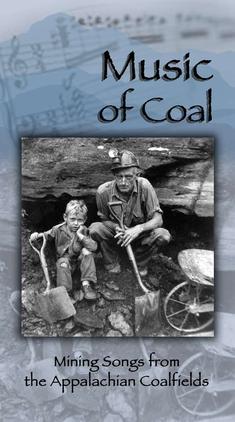This article needs additional citations for verification .(June 2021) |
| Music of Coal | |
|---|---|
 | |
| Compilation album by Various artists | |
| Released | 2007 |
| Genre | blues, bluegrass, country, folk |
| Label | Lonesome Pine Records & Publishing |
| Producer | Jack Wright |
Music of Coal: Mining Songs from the Appalachian Coalfields is a 70-page book and two CD compilation of old and new music from southern Appalachian coalfields. The project was produced by Jack Wright and is a benefit for the Lonesome Pine Office on Youth in Wise County, Virginia.
Contents
The songs included cover a range of topics related to coal culture such as mining accidents and black lung disease. Some of the artists are natives of the U.S. coal mining region while others have less direct ties. Both vintage recordings and contemporary music have been combined with detailed liner notes giving context to both the songs and the artists. Musicologist Archie Green adds a "Sanctus" note to Wright's "Introduction."
In the preliminary round of nominations for the 50th Grammy Awards the boxed set was under consideration for a number of awards, including, Best Recording Package, Best Liner Notes and Best Historical Album. [1] The compilation did not, however, make it the final round of nominees. [2]